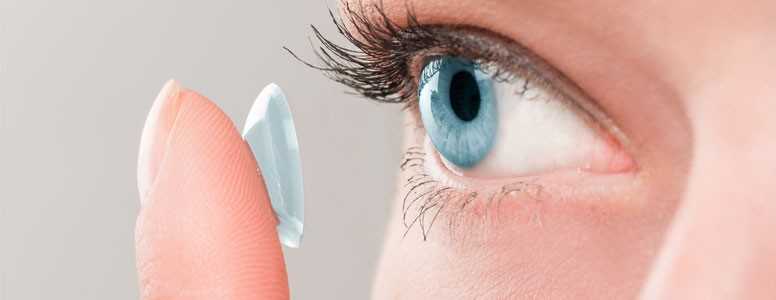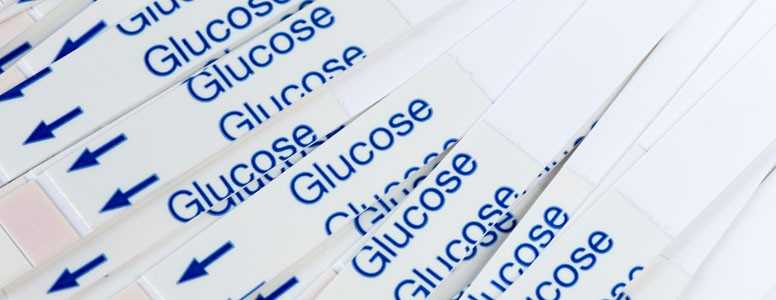The developer of a pioneering contact lens has spoken of how the device could tell people with type 1 diabetes when they need to take medication.
Dr Gregory Herma, from the Oregon State University research team, presented his research at the American Chemical Society meeting in California.
Herman explained how clear biosensors fitted into the lens could help people measure the sugar levels in their tears, which would help them adjust their treatment. Previous research has shown that glucose levels in tears goes up and down in proportion to blood sugar levels.
Speaking to The Independent, Herman said: “The lens will let people know when to give themselves injections and for patients wearing insulin pumps the signal can provide information for self-regulation.”
While Herman’s team began the project to help with diabetes, it is now thought the eye-wear could potentially be used by doctors to identify other medical conditions.
“Since we can include more sensors we can check for other biomarkers well beyond just glucose,” he said. “For example, we have shown that the technology works for uric acid as well, which is an indicator for renal disease. Our goal is to incorporate hundreds of sensors into a single contact lens.”
These transparent biosensors can also detect changes to pH or acidity levels, but at the moment a prototype tested in laboratory studies has only been able to detect glucose levels.
Still, the findings could be significant for people with diabetes and provide a non-invasive way of measuring glucose levels.
Herman and colleagues next plan to test whether the transparent biosensor can detect sugar levels in animals. Should this be successful, human trials will follow.
There are a number of other research teams working on contact lenses as an alternative to blood sugar monitoring. These include the University of Waterloo, whose lens can transmit data to a user’s phone, and Google’s collaboration with Novartis – however Novartis have since pulled out from this deal.
What's new on the forum? ⭐️
Get our free newsletters
Stay up to date with the latest news, research and breakthroughs.








